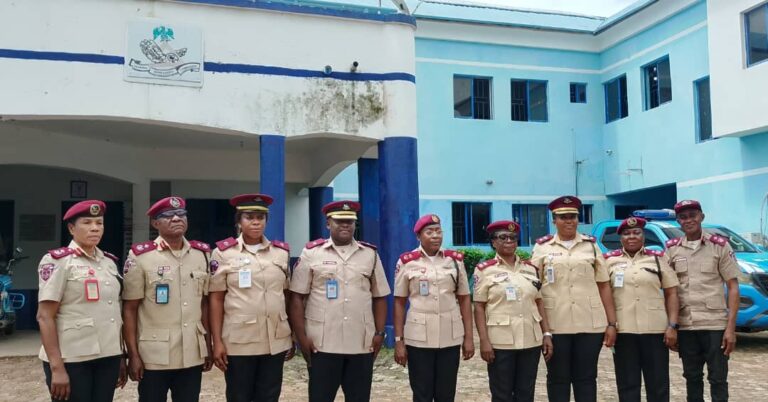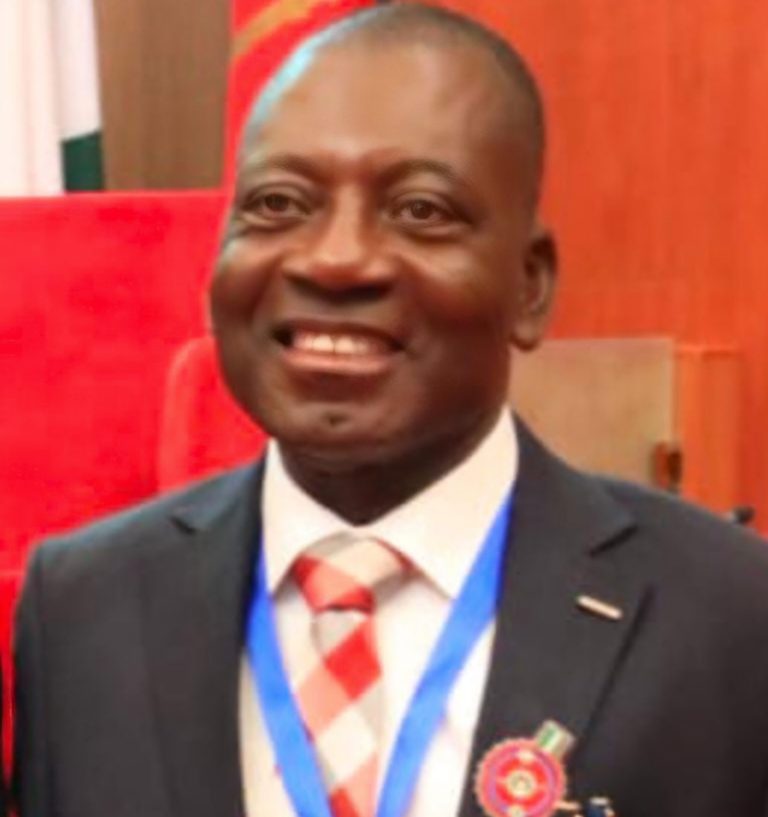
By Fatima Saka
President Bola Ahmed Tinubu has announced the cessation of the state of emergency in Rivers State, six months after it was declared to address what he described as a “total paralysis of governance” in the oil-rich state.
In a nationwide broadcast on Wednesday, Tinubu said the emergency proclamation, made on March 18, 2025, was necessary to avert anarchy following the deep political crisis that crippled the executive and legislative arms of the state government.
He recalled that the standoff between Governor Siminalayi Fubara and the Rivers State House of Assembly had rendered governance impossible, with both sides locked in an intractable conflict that led to the suspension of the governor, deputy governor, and lawmakers for six months.
“From the intelligence available to me, there is now a groundswell of understanding, readiness, and enthusiasm among all stakeholders for an immediate return to democratic governance,” Tinubu declared. “I therefore do not see why the state of emergency should exist a day longer than initially pronounced.”
With the expiration of the emergency measures at midnight, the President confirmed that Governor Fubara, Deputy Governor Ngozi Nma Odu, Speaker Martins Amaewhule, and all members of the State Assembly will resume office on September 18.
Tinubu thanked the National Assembly, traditional rulers, and the people of Rivers State for their support during the emergency period while acknowledging dissenting voices who challenged the proclamation in court.
He stressed that invoking Section 305 of the 1999 Constitution was a constitutional safeguard against the breakdown of law and order.
READ ALSO: FG Press for Mining Renaissance, Calls for Capital, Technology, Others
FRSC Anambra Command decorates newly promoted officers
He urged political leaders across Nigeria to prioritize peace and cooperation. “It is only in an atmosphere of peace, order, and good governance that we can deliver the dividends of democracy to our people,” he said.
The lifting of the state of emergency marks a critical turning point in Rivers State’s governance crisis, setting the stage for the restoration of political stability in one of Nigeria’s most economically strategic states.



